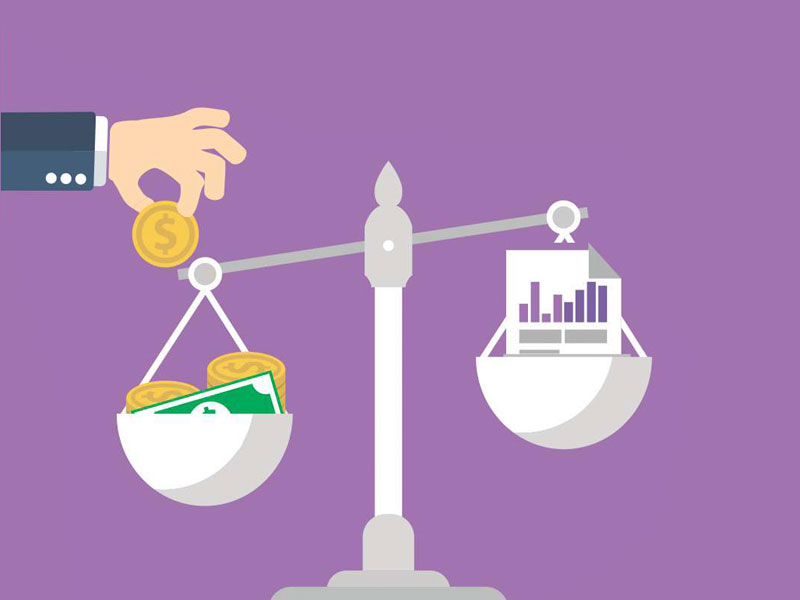Asset Protection Strategies

Do you need to lodge a tax return?
July 9, 2016
Private Use of Business Assets
July 9, 2016Tax planning should not be the main reason for accountants in selecting a specific business structure. An important factor when selecting a business structure really should be asset protection. Most households want to safeguard their hard-earned wealth, may it be an enterprise, investments or perhaps the home, from the grabs of 3rd parties.
The best practice to safeguard an asset would be to have numerous defense mechanisms set up. These defense mechanisms can include:
- Lowering the possibility of getting prosecuted
- Getting sufficient insurance protection
- Owning assets within a protected organization
- Other protection strategies.
Insurance
Sufficient insurance protection is critical to ensure that even if an individual is negligent or discovered at wrong doing, instead of jeopardizing their personal belongings, the insurance policy cover will meet any claim. Whether or not the insurance policy is not able to completely fulfil the claim, it’ll lessen the amount of money that the successful plaintiff is able to recuperate from the personal belongings of the individual.
Distancing Assets
Perhaps the most common type of asset protection is to make sure that individuals at an increased risk do not own any assets. When it comes to an enterprise, what this means is the business enterprise is carried on in one particular entity and the business assets locked in a different entity. The asset owning business can lease the assets to the trading business entity.
Personal possessions also need to be separated from business assets to ensure that in the event the business goes into financial trouble the private assets will not be in jeopardy. Likewise, if a person goes into financial problems the business enterprise assets could be safeguarded if the individual doesn’t own them.
Frequently when a business wants to grow and start a whole new venture or business they often use the existing business entity. The issue being is that, in the event the start-up or business does not work out, the existing business is now at risk. New ventures and existing businesses should be operated in separate entities.
While most effective practice would be to have different assets owned by different entities, this could get costly. Usually there’s a trade-off among cost and asset protection. An individual ought to consider the potential risk of being prosecuted as well as the expense to safeguard their assets.
For instance, there’s a very small possibility that the owner of a rental property could be prosecuted under occupier’s liability if personal injury occurs to a tenant or some 3rd party while on the property. Consequently, if several rental properties were owned, it might be a good idea to acquire each of those in a different entity. Nonetheless, the expense of doing this may possibly be greater than the potential risk for being litigated. Without doubt, the property owner will have insurance policy therefore, the likelihood of losing a number of the rental properties is very small. In this instance, it might be suitable to acquire several rental properties in the one entity.
Where the possibility of getting sued is greater, that entity ought to own little if any assets. For instance, a professional shouldn’t own any assets in their name in the event they may be accused of professional neglect.
Possession of your family residence
Often, your family residence is a person’s most important asset. For that reason, it is essential that it’s protected against prospective creditors.
Generally, a great way to shield an asset from possible creditors would be to purchase it in a discretionary trust. Since it is held in a different entity, it would be shielded from any creditors or any other entities managed by the particular person.
The family residence is unique for the reason that there are various of tax concessions if it is held by an individual. The capital gains tax exemption is applicable if an individual owns it. However, in the event the family house is owned by a company, unit trust or discretionary trust, the main residence exemption won’t be available when it’s sold.
Also, the family residence is exempt from land tax in most states if it’s owned by an individual. Should it be held by a company or a trust, it won’t be exempt from land tax and, in certain states, a higher rate of land tax is applicable when it is held by a trust.
When it comes to a husband and wife where one of the spouse is a professional or has a high-risk for being sued, a very good compromise is for the family residence to be held by the low-risk partner. This will offer asset protection in case the high-risk partner be prosecuted whilst preserving the capital gains tax main residence exemption.
Other asset protection strategies
Occasionally assets have already been purchased in a person’s name or perhaps in a specific entity that doesn’t offer optimum asset protection. It is possible in this scenario, for the person or organization to transfer the assets to a related entity but that may likely to give rise to capital gains tax, stamp duty along with other tax implications in addition to being expensive. Additionally, there are rules that permit a trustee in bankruptcy to claw back assets which have been divested as a way to beat lenders.
In these scenarios, it might be feasible to provide some protection by employing other tactics. As an example, a person might own an asset however a lender may be unable to access that asset since a related party has a 1st mortgage over it. So even in the event the external creditor leads to the asset to be sold, the creditor won’t be settled until after the related party has been settled what is owing to it. This may well contribute to little if any proceeds being paid to the outside creditor.
For further information about asset protection, BookSmart Accountants Cranbourne or our expert tax agent Cranbourne services, please contact us on 1300 300 106 or via our contact page





